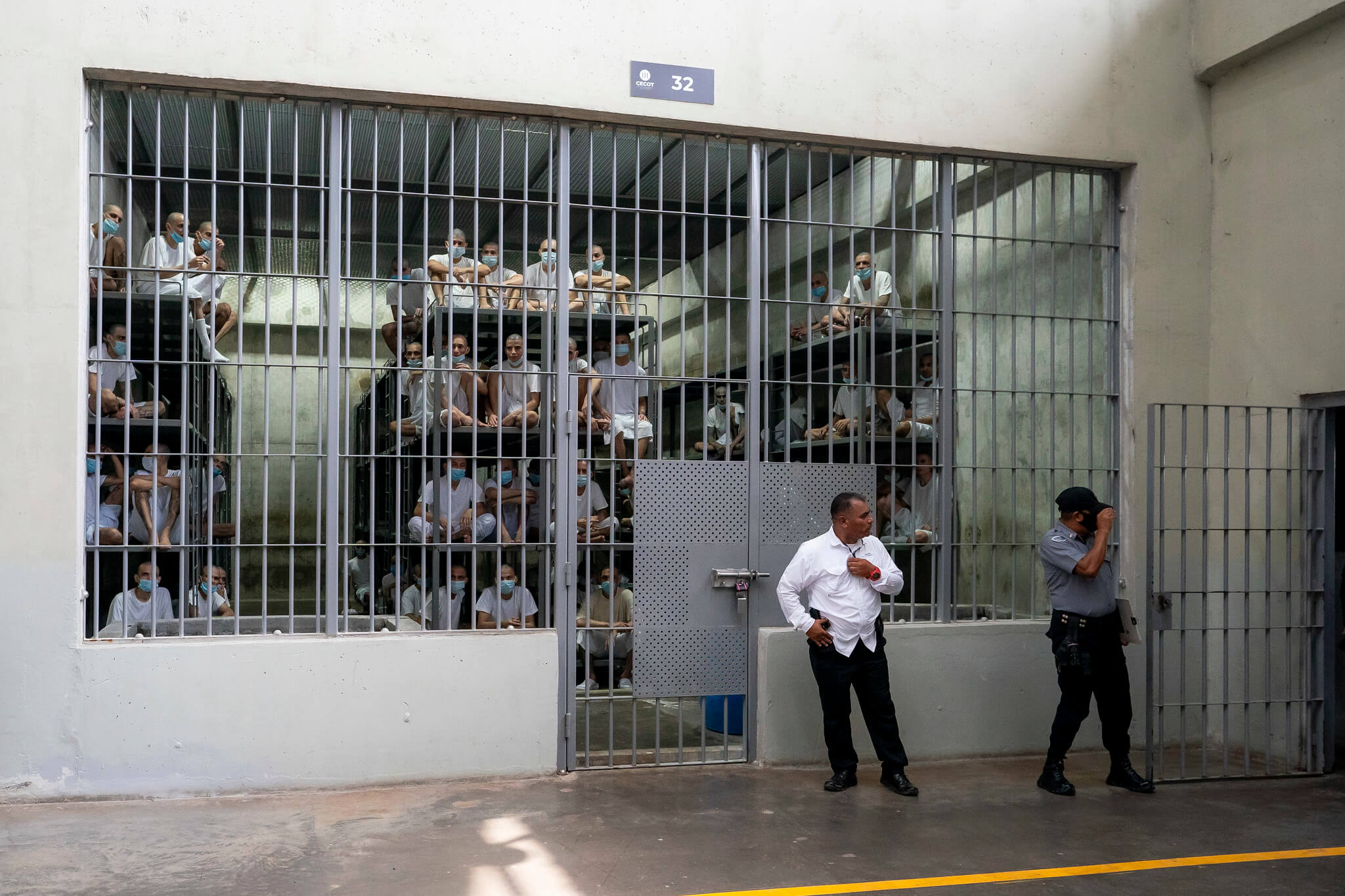Today's Headlines and Commentary
Turkey has continued to move farther and farther into northern Syria, with Turkish forces no longer targeting ISIS but pushing into regions controlled by Syrian rebel forcesincluding the Kurdish YPG, Reuters reports. Brett McGurk, the U.S.
Turkey has continued to move farther and farther into northern Syria, with Turkish forces no longer targeting ISIS but pushing into regions controlled by Syrian rebel forcesincluding the Kurdish YPG, Reuters reports. Brett McGurk, the U.S. special envoy against ISIS, stated that the United States finds Turkey’s military actions “in areas where ISIL is not located… unacceptable and a source of deep concern.” The Department of Defense also warned that “uncoordinated” actions in northern Syria could hinder the fight against ISIS and be a help to the terrorist group.
Turkish forces have increasingly clashed with the YPG as Turkey seeks to push Kurdish forces east of the Euphrates River in Syria. In Turkey’s first fatality of the offensive, a Kurdish rocket attack killed a Turkish soldier on Saturday. On Sunday, Syrian rebels backed by Turkey pushed Kurdish forces out of towns along the west bank of the Euphrates, supported by Turkish airstrikes. At least 35 civilians were killed. The Associated Press has more.
The Washington Post examines the tangle of alliances at work in northern Syria. Both the Kurds and the Syrian rebels, which are now fighting each other, are backed by the United States, and the US considers Turkey to be an important ally in the fight against ISIS. The Post suggests that Turkey’s newly aggressive posture in Syria may represent a further “widening” of the already complex Syrian conflict.
Meanwhile in Aleppo, Syrian regime airstrikes over the city’s rebel-held east killed at least 25 civilians attending a funeral on Saturday. The first airstrike hit the funeral procession while the second targeted rescue workers responding to the initial attack.
The Washington Post reports that the United States and Russia are nearing an agreement on a U.S. proposal to coordinate airstrikes against ISIS and Jabhat Fateh al-Sham, and to stop Russian and Syrian regime bombings of civilian- and rebel-held areas. On Friday night, Secretary of State John Kerry and his Russian counterpart Sergei Lavrov said that, though no pact had yet been reached, they would continue working to ensure that this nascent agreement will not once again break down over mutual distrust and competing agendas between Washington and the Kremlin.
Iran has surrounded its nuclear facilities in Fordow with Russian-made S-300 missiles, according to Russian state media. Iranian state TV on Sunday aired footage of deployment of the recently delivered missile system to the nuclear site in the central Iran. Iran’s Supreme Leader Ayatollah Ali Khamenei boasted of Iran’s new defensive system, saying that“the Americans did their utmost to prevent Iran from getting it.”
The Wall Street Journal writes that Iran has arrested an unnamed man involved in negotiating the country’s nuclear deal on charges of espionage, though Iranian authorities did not reveal whom the individual was accused of spying for. Under the deal, Iran agreed to scale back its disputed nuclear program in exchange for relief from international sanctions. While the deal is still popular, its support has faded in recent months as the expected economic gains have yet to arrive in Iran.
A suicide bomber killed at least 54 people when he drove a car bomb into a militia compound in the city of Aden in southern Yemen. At least 67 others were wounded in the attack. The Islamic State has claimed responsibility for the strike. The so-called caliphate and other extremist groups have exploited the ongoing civil war in Yemen to gain a presence, attract recruits, and attack senior officials, religious figures, and compounds of the Saudi-led coalition.
According to Saudi defense officials, a rocket fired from Iranian-backed Houthi rebels in Yemen killed two girls in the Saudi Arabian border town of Najran. Both Houthi and coalition attacks have intensified following the breakdown of peace talks between the Saudi-led coalition and the Houthi rebels earlier this month. Humanitarian groups and the United Nations have criticized both sides for causing unnecessary civilian deaths.
The Islamic State claimed responsibility for a suicide bomb that killed at least 15 people and injured 16 at a wedding party near the holy Shiite city of Kerbala. The bombing is the first in the Kerbala region since Iraqi forces dislodged Islamic State militants from their stronghold in Fallujah, 50 miles north of Kerbala. Reuters has more.
The Wall Street Journal tells us that Iraq has formally requested that Saudi Arabia recall its ambassador from Baghdad following his comments criticizing the Shiite militia groups working with Iraqi forces against ISIS. Iraqi officials said Saudi ambassador Thamer al-Sabhan is interfering with domestic politics. Iraq’s Shiite-majority government enjoys warm relations with Iran, the region’s primary Shiite power and a major rival for the KSA.
U.S. Secretary of State John Kerry called for Bangladesh to step up its efforts to fight extremist violence while also protecting human rights. A recent spate of militant attacks have raised concerns that the Islamic State’s footprint is growing in the South Asian nation. Two days before Kerry’s visit, police in Bangladesh killed three suspected militants in a shootout on Saturday, including the Canadian citizen considered to have been a key organizer of a deadly terrorist attack last month that claimed 20 lives. Counterterrorism officials said the Canadian man had played a key role in organizing and fundraising for Jamaat-ul-Mujahideen Bangladesh, a local terrorist organization affiliated with the Islamic State.
NATO’s deputy secretary general Alexander Vershbow announced that Russia is increasingly staging unannounced military exercises, warning that the continuation and escalation of Russia’s snap drills will only harm Moscow’s relationship with NATO. The Russian army has held roughly a dozen unannounced exercises in the past two years.
The New York Times tells us about a Russian propaganda campaign in Sweden that sought to persuade Swedish voters to protest a proposed military partnership between Stockholm and NATO. Western security and intelligence officials have blamed their Russian counterparts for launching misinformation campaigns to distort public debates in other countries to further Moscow’s interest. Though misinformation campaigns have been a staple of Russian foreign policy, such efforts have been amplified by the growth of new technologies such as social media.
The Washington Post reports on how European and U.S. military personnel remain committed to building an independent, professional Afghan defense force. While most NATO forces withdrew in 2014, U.S. troops remain tasked with the mission to “train, advise, and assist” their Afghan counterparts. But U.S. efforts have been hampered by endemic corruption, encouraged dependence, and the ongoing resilience of the Afghan Taliban.
The New York Times reveals that the Taliban scored a crucial victory after overrunning a border district in the Afghan province of Paktia. Local officials are concerned that the Taliban is looking to secure a foothold in the country’s southeast to help reintroduce the Pakistani-based Haqqani network into Afghanistan. The Haqqani network is rumored to enjoy close ties with Pakistan’s official intelligence service, the Inter-Services Intelligence, and some analysts view it as a vehicle to project Islamabad’s influence into its western neighbor.
Foreign Policy notes that the recent leak of data on India’s newest fleet of submarines highlights the growing naval arms race in Asia. China’s rapidly modernizing military has prompted its regional rivals to invest disproportionately in submarines that are capable of bypassing Beijing’s naval cordon, due to said China’s relatively weak anti-submarine warfare capabilities.
Japan Times reports that President Barack Obama is slated to become the first sitting U.S. president to visit Laos when he joins other global leaders for an Asian summit next week. Obama is expected to use this opportunity to underscore the United States’ pivot to the Asia-Pacific under his presidency, while Laos is looking to build closer ties with Washington as its leaders grow apprehensive about China’s rising stature.
An ISIS-inspired would-be attacker armed with an ax and a bomb intended to wreak havoc during a packed Sunday Mass celebration in Madan, Indonesia, when his bomb burst into flames instead of detonating as anticipated. The man, who was carrying items branded with the ISIS insignia, was able to wound the church’s priest with the ax before congregants subdued him until local authorities arrived. The incident marks the second Islamic State-inspired attack in Indonesia this year.
Former French president Nicholas Sarkozy—who is running for the office again—said he would amend the country’s constitution to ban full-body burqini swimsuits if he is elected. At a time when the French public is growing increasingly apprehensive about Islamic terrorism and mass immigration, Sarkozy has positioned himself as the candidate representing quintessential French values, including strong limits on religious activity in the public sphere. Reuters has more.
Brazil’s suspended president Dilma Rousseff appeared in front of the country’s Senate to defend herself against allegations she broke budget laws. Rousseff’s impeachment trial is expected to conclude with her dismissal from office this week. Interim president Michael Temer is expected to serve in a permanent capacity until the current presidential term ends in 2018.
The South Sudanese government is requesting $300 million in aid and loans from the international community to support its next budget. Juba is looking to stabilize the country in response to the civil strife that has scarred South Sudan development since the young country achieved independence in 2011.
ICYMI: This Weekend, on Lawfare
Paul Salem examined the fragility of the Lebanese state and reasons it may or may not survive.
Quinta Jurecic posted an episode of the Lawfare Podcast featuring Dave Aitel and Matt Tait’s take on how everything you know about the Vulnerability Equities Process is wrong.
Email the Roundup Team noteworthy law and security-related articles to include, and follow us on Twitter and Facebook for additional commentary on these issues. Sign up to receive Lawfare in your inbox. Visit our Events Calendar to learn about upcoming national security events, and check out relevant job openings on our Job Board.






